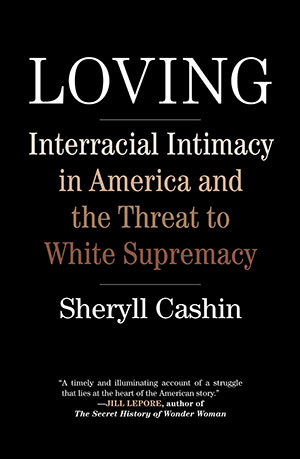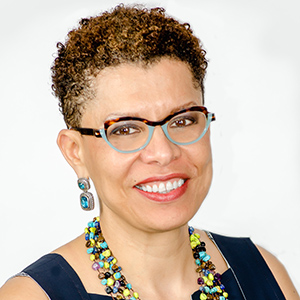What can we learn from the history of interracial relationships in America? (podcast)

Richard and Mildred Loving did not set out to be civil rights pioneers. But in 1958, police burst into their home and arrested them for violating the Racial Integrity Act of 1924. Richard was white, and Mildred was not. They were legally married in Washington, D.C., but that did not protect them in Virginia. After years of living in virtual exile from their home state to avoid prison time, the Lovings looked to the courts for relief. And 50 years ago this summer, the U.S. Supreme Court granted that relief in Loving v. Virginia, striking down Virginia's law against interracial marriage and declaring that the freedom to marry is "one of the vital personal rights essential to the orderly pursuit of happiness by free men."
But the Lovings were not the first American couple to love across race boundaries. The history of what we would now consider interracial relationships in America extends back to the first European explorations of the continent.
In this episode of the Modern Law Library, the ABA Journal’s Lee Rawles speaks with Sheryll Cashin, a professor of law at Georgetown University and author of Loving: Interracial Intimacy in America and the Threat to White Supremacy. Cashin discusses how the concept of race was introduced in America; how the doctrine of white supremacy was used as a method to divide slaves and free blacks from indentured servants; how flimsy the rationale for racial classification was; and the stories of some men and women who ignored those barriers and formed relationships anyway. She also shares her thoughts on how a younger generation’s “cultural dexterity” could help battle the forces of racism and white supremacy.
In This Podcast:

Sheryll Cashin
Sheryll Cashin is professor of law at Georgetown University. She is the author of several books, including Loving: Interracial Intimacy in America and the Threat to White Supremacy, Place, Not Race: A New Vision of Opportunity in America and The Agitator’s Daughter. She was law clerk to U.S. Supreme Court Justice Thurgood Marshall in his last year on the court. Cashin was born and raised in Huntsville, Alabama, where her parents were political activists. She currently resides in Washington, D.C., with her husband and two sons.



